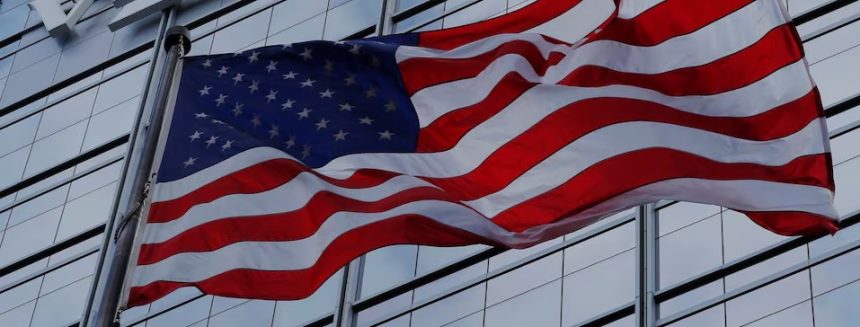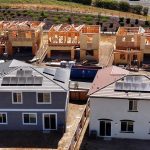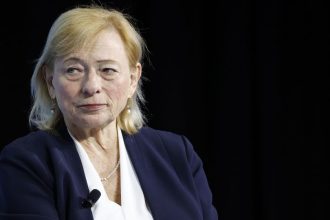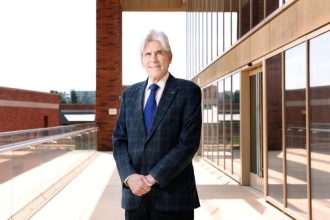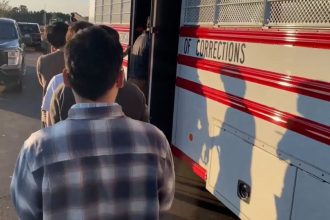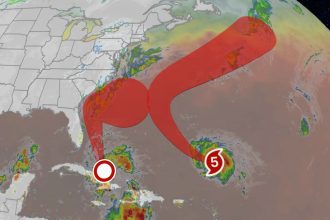High-ranking Federal Government sources have accused the United States Mission in Nigeria of pushing what they describe as a calculated smear campaign, breaching diplomatic protocols and threatening longstanding ties between the two countries.
This follows a report originally published by The Africa Report, which the US Mission reportedly circulated.
The publication criticised Nigerian elites for allegedly squandering public funds on lavish infrastructure while widespread poverty persists.
Specifically, it mentioned the construction of new government lodges in Oyo and Gombe states as examples of wasteful governance.
But officials close to the Presidency argued that the portrayal was unfair.
“These are two of the most financially responsible governors in the country,” a senior official stated, adding, “Governor Seyi Makinde has earned repeated commendation for his fiscal prudence, and Gombe’s Inuwa Yahaya has been judicious with state funds, prioritising healthcare, infrastructure, and prompt salary payments.”
According to multiple sources, the motivation for the critical coverage may stem from a rebuffed request.
They alleged that the publisher of The Africa Report, who took over the magazine from his late father, had previously lobbied the Nigerian Governors’ Forum to finance its “Africa Roundtable” event in Abidjan, Cote d’Ivoire.
When the governors declined, the relationship reportedly soured, which officials believed could explain the negative press.
“This act contravenes Article 41(1) of the Vienna Convention on Diplomatic Relations,” a senior diplomat said, asking to remain anonymous.
“It’s not the role of foreign missions to interfere in domestic affairs. Amplifying such narratives is inappropriate,” the official noted.
The controversy comes against a backdrop of broader friction in US–Nigeria relations.
Officials recall past instances such as the US government’s failed prediction in the 1990s that Nigeria would collapse by the year 2000.
More recently, a July 15, 2025, travel advisory from the US State Department warned citizens against visiting 18 Nigerian states due to security risks and healthcare concerns.
Local analysts criticised the advisory as unbalanced.
“It painted the entire country with a single brush.
“You can’t equate Nigeria’s complex security situation with blanket danger warnings while ignoring that cities like Lagos and Abuja remain stable and secure,” one observer said.
Some also pointed to the irony, noting that nearly 47,000 people are projected to die from gun violence in the United States this year alone.
“Many Nigerian cities are safer than American ones grappling with gun crime,” an analyst added.
The sources close to the Presidency reiterated the country’s respect for its partnership with the US.
“We deeply value our bilateral relationship,” said one senior aide, adding, “But mutual respect must underpin it. Sovereignty and dignity are non-negotiable.”
The aide urged the US Mission to avoid promoting what he called “unbalanced and hostile” narratives, warning that continued interference could harm ties with Africa’s most populous democracy.


